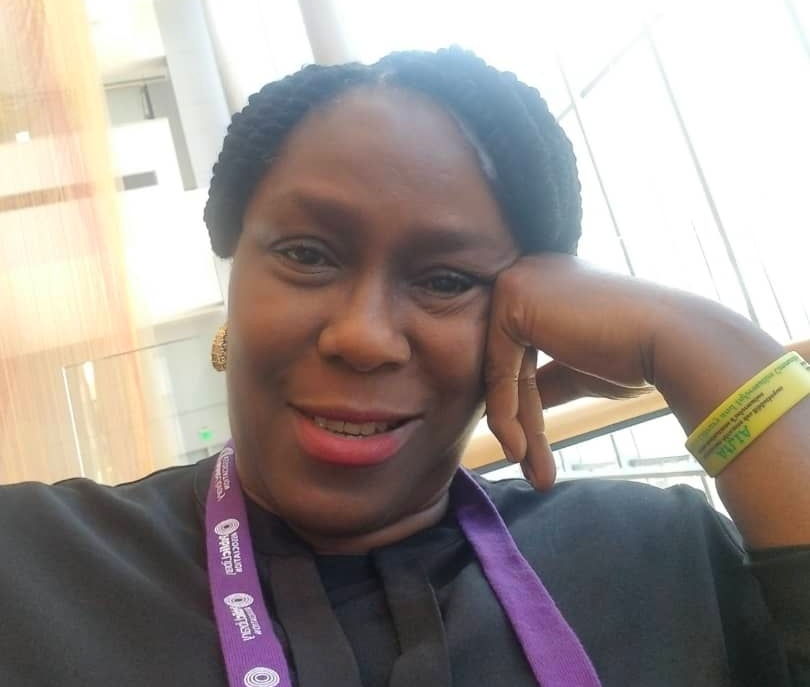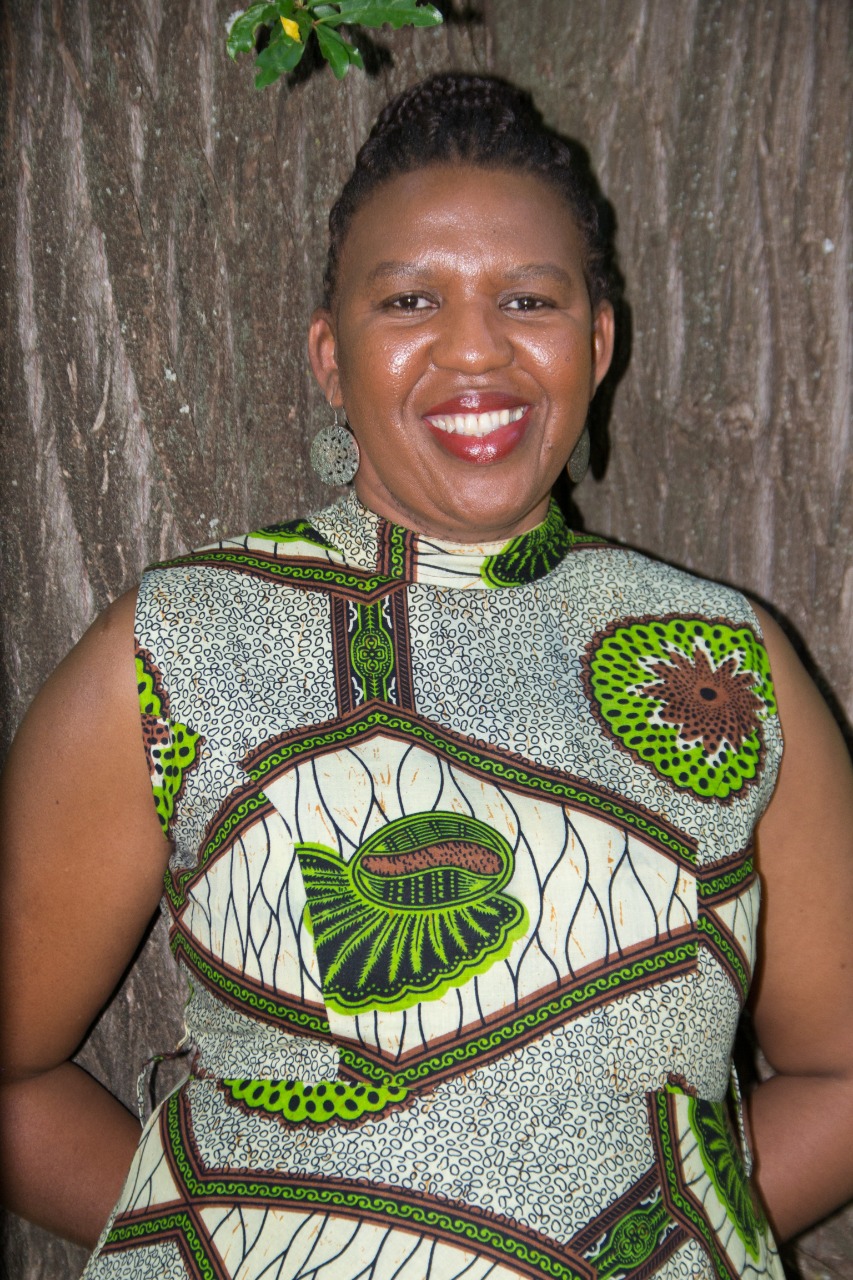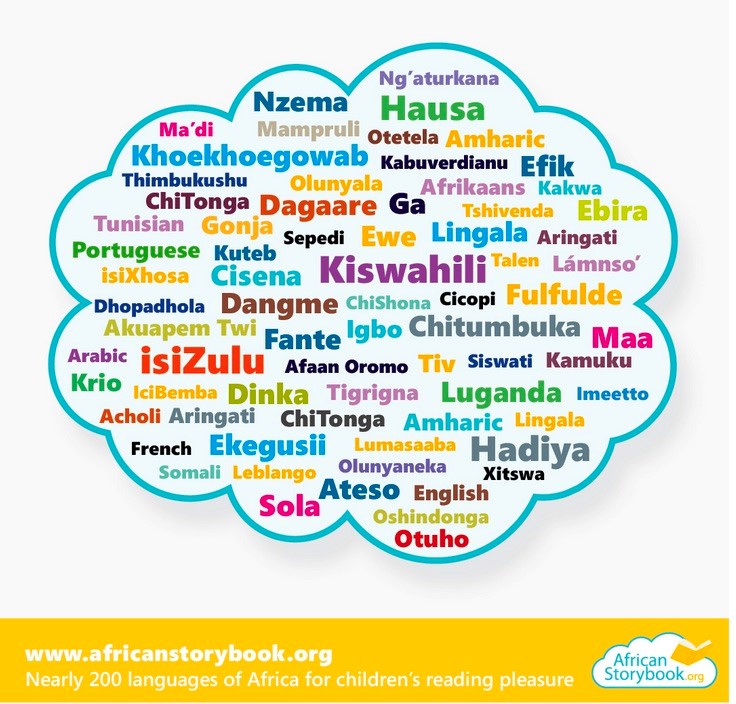International Literacy Day has been celebrated annually since 1966. This year’s theme is ‘Transforming Literacy Learning Spaces… an opportunity to rethink the fundamental importance of literacy learning spaces to build resilience and ensure quality, equitable and inclusive education for all'.
Search the site
International Literacy Day has been celebrated annually since 1966. This year’s theme is ‘Transforming Literacy Learning Spaces… an opportunity to rethink the fundamental importance of literacy learning spaces to build resilience and ensure quality, equitable and inclusive education for all'.
International Literacy Day has been celebrated annually since 1966. This year’s theme is ‘Transforming Literacy Learning Spaces… an opportunity to rethink the fundamental importance of literacy learning spaces to build resilience and ensure quality, equitable and inclusive education for all'.
It’s been an eventful year. In spite of the Pandemic, we have much to celebrate in the promotion of early literacy and a culture of reading in the global South. The awards and milestones achieved by the institutions and people listed below should be applauded, given the many challenges they faced in 2020.
So, we’ve put together a list of all the excellent happenings that we’ve noted; if anything is missing, please let us know in the comments section below.
Award winning author and translator, and Managing Editor at Puku Children’s Literature Foundation, Lorato Trok chatted to us before the launch about the the making of the book. She has been a champion of this project from the get go, getting behind the idea after encouraging Ouma Katrina to attend a My Language, My Heritage writing workshop hosted in the Northern Cape a few years ago, and then getting to know her on a personal level.
As part of their efforts to ensure that every child should own 100 books before the age of five, South African non-profit organization (NPO), Book Dash, recently did a remarkable thing: It created, published and distributed three new books during the national lockdown.
The organization gathered two teams of creative professionals who volunteered to pilot this new virtual Book Dash. Then, making the most of their learning from the past 14 physical events, Book Dash successfully replicated the experience online, with some adjustments.
In February we celebrate World Read Aloud Day (5 February) and International Mother Language Day (21 February).
Here are some links to find openly licensed storybooks and reading resources to read aloud in some of the 7,000 living languages:
Sometimes innovation is not about the shiny new things, but rather about grasping existing opportunities to make them work for you and your community, especially when confronted with a crisis.
‘Researchers are agreed that reading aloud is the single most important activity by which parents, grandparents and caregivers can foster early brain development, lifelong learning success, reading pleasure and reading skills.’
Guest blog by Dr Nkem Osuigwe, Human Capacity Development & Training Director, AfLIA
Early literacy is universally acknowledged to be critical when it comes to the education and development of our children, and their life-long learning. But even in countries where the home language is not a Western language, early literacy teaching is not in that language. This is unfortunate as research shows that children learn to read more effectively if they learn in their mother tongue. Since its inception in 2010, a non-governmental organization (NGO) based in Lira, Uganda, the Mango Tree Literacy Lab (MTLL), has worked hard to address this, and to realize their belief that African children have the right to read, write and engage with ideas in a language they know and understand.
How do teachers and parents cope with the challenges of educating their children in uncertain times, while acknowledging resource limitations and avoiding cut-and-paste solutions, and copyright infringements.
I’m fascinated by the simple notion of children authoring stories for other children to read and enjoy – it makes so much sense. In its project, Soma Book Café, went one step further. The four children whose stories were selected by judges consisting of other children and adults worked with published authors, illustrators, designers, and other book professionals to turn their ideas and words into a professional product in print and online. Putting these ideas into practise proved to be a lot more complex than envisaged; delivering thought-provoking learnings to the adults who took on the challenge.
Schools may be closed, but children can continue to learn and enjoy reading storybooks during this difficult period. We’ve told you about wonderful places to identify good storybooks in previous blog posts.
In this post, we’re going to tell you about resources for parents and caregivers who want to help their children with learning and reading.

For this blog series, the Early Learning Resource Network is reaching out to authors, editors, illustrators, translators, educators, publishers and other stakeholders who, through their creative endeavours, are working to grow and improve the early learning environment, specifically on the African continent.
Craig Esbeck and the team at Mango Tree Literacy Lab (MTLL) recently delivered a fascinating report about their EdTech Hub Sandbox findings. If you’re not familiar with the project, we’ve blogged about it here, and we’ve published the full report here, so take a look.
Kalamu Ndogo (Little Scribes) is a new book series written by children for children under the auspices of the Soma Book Café Watoto na Vitabu (Children and Books) storytelling hub and Saturday children’s programme. This is a space for children between the ages of six and 13 to hone their reading and storytelling skills. The series is a product of experimental work on how to facilitate children to research and write original stories inspired by Tanzanian storytelling traditions. These stories are also informed by how the children experience contemporary realities and their aspirations beyond the here and now.
What really struck me when attending the recent AfLIA-run World Read Aloud Day webinar was this profound quote our host, Dr Nkem Osuigwe, included in her presentation:
Craig Esbeck, Director, Mango Tree Literacy Lab
Much like us at the Early Learning Resource Network, you were probably engrossed in all the World Literacy Day webinars, tweets, blog posts and project launches that flooded the social-media timelines on 8 September.
These non-governmental organizations (NGOs), which have innovatively adopted open licensing publishing and distribution models and that specialize in solving early literacy challenges in developing nations, were selected along with a list of other initiatives, ‘for their exemplary work in ensuring that children continue to build critical literacy skills.’
Despite the availability of these resources, we need more storybooks in local languages to ensure all children can learn to read in their mother tongue, identify with characters that look and 'sound' just like them, and develop a love of reading. Kirsty von Gogh and Lisbeth Levey have written a paper called 'African children deserve stories about themselves' exploring the intersecting roles of African authors, illustrators, communities, and languages in story creation, download and read the paper here.
Now that so many of us are locked down and locked in because of COVID-19, it is the time to explore the virtual world of children’s stories – all free to read and all openly licensed. A few great platforms are listed below:
Meet Akoss Ofori-Mensah of Sub-Saharan Publishers. She is working with Neil Butcher & Associates (NBA) to research the impact of open licensing on publishing business models by sharing books in underserved local Ghanaian languages. Akoss says she agreed to this work because she wants to understand how open licensing works and:
…its benefits to children; especially allowing them to read stories in their own mother tongue.
Ubongo co-founder, Nisha Ligon, describes this non-profit social enterprise as the world’s biggest classroom, and with a reach to 17 million learners across sub-Saharan Africa, she’s not wrong.
With close to 80 percent of age-10 children in Honduras experiencing learning poverty—which means that they are unable to read and understand a simple text— it’s never been more critical to expand children’s access to books and improve opportunities for children to learn and read at home.
Achieving literacy takes trained and supported teachers, a quality curriculum, and quality reading materials. Responsible publishing is not only creating clear, engaging text and illustrations, but producing proper design files and ensuring those files are stored for future use. The ELRN is committed to supporting partners to understand the processes and requirements to do this, while providing a space to upload an share these resources.
We read to learn, to laugh, to challenge ourselves, and to expand our views of the world. As we grow readers at home, we want children to value and love reading. We want them to read to learn, but also to read for pleasure–to choose to read. But what kinds of books help children to learn to read and develop a regular reading habit?
Book design is crucial for readability, especially for beginning readers. Elements like fonts and how the words on the page are spaced are important for making books clear, useable, and appealing for readers. Good design and file set-up also makes it easier to print books and archive or store them for future print runs.
First, children learn to read. Once they have worked through this important series of milestones, they start reading to learn. Somewhere, in between, they should also be encouraged to read for pleasure.
If anything, 2021 has been a more challenging year than 2020 for early literacy in the global South. But as with 2020, this year – with all its pandemic-related setbacks – has also seen a lot of innovation and the sharing of ideas.
In April 2021, African Library & Information Associations & Institutions (AfLIA) and NBA agreed to work together to develop a course on early literacy development, specifically for librarians and library staff in Africa. In July 2022, the first batch of certificates was issued to the librarians who completed the course pilot!
The founder and managing director of Sub-Saharan Publishers, Akoss Ofori-Mensah is a force to be reckoned with in the publishing industry.





